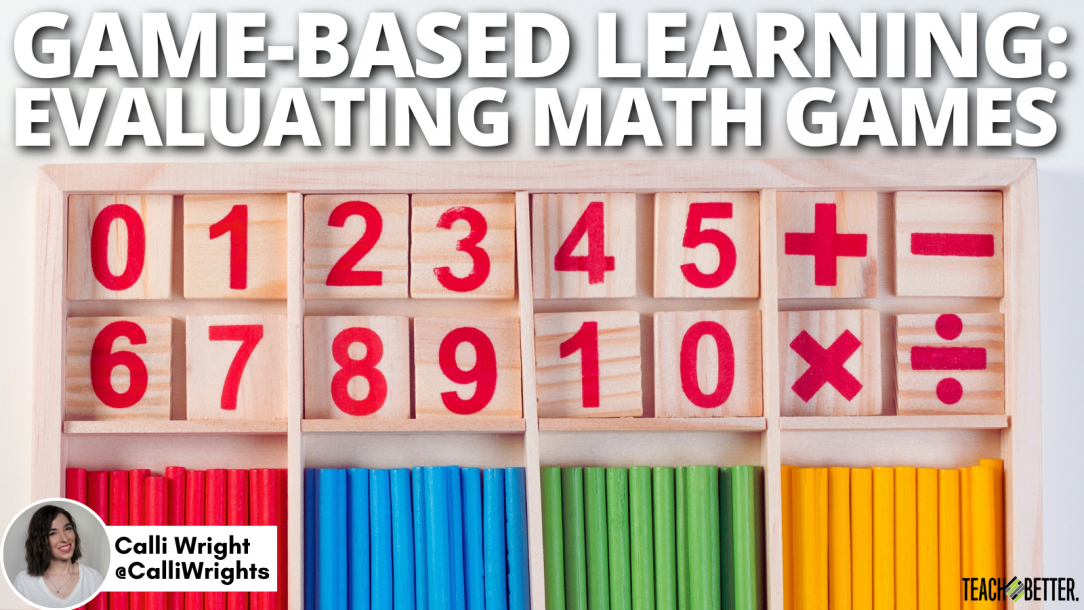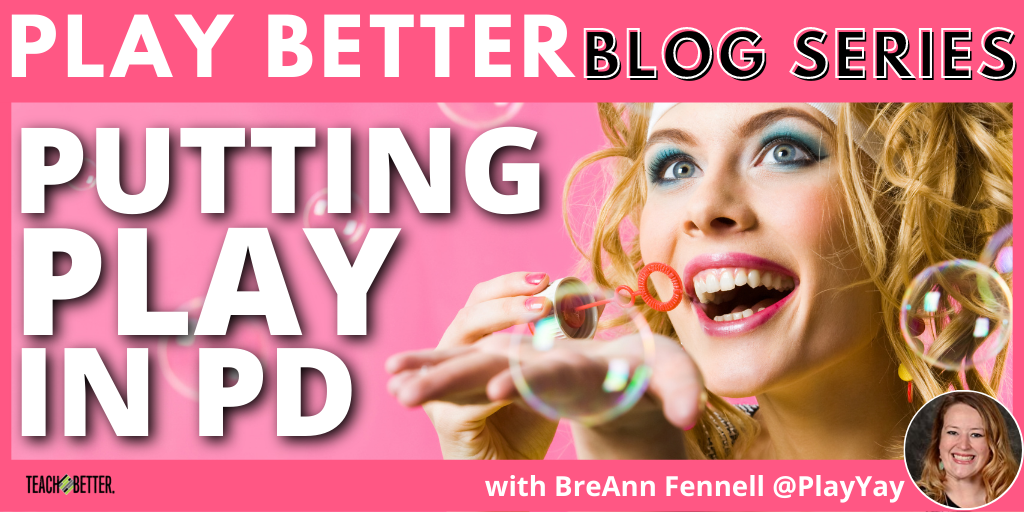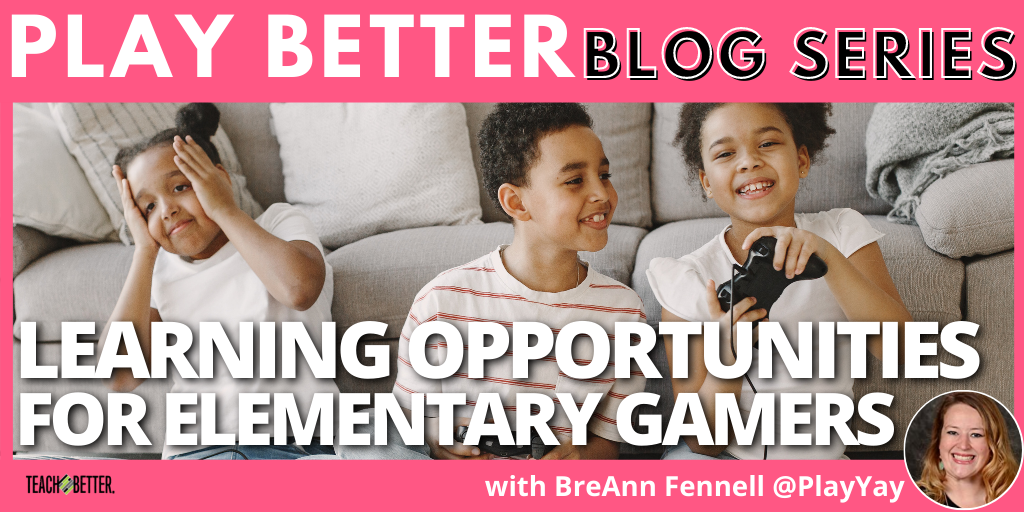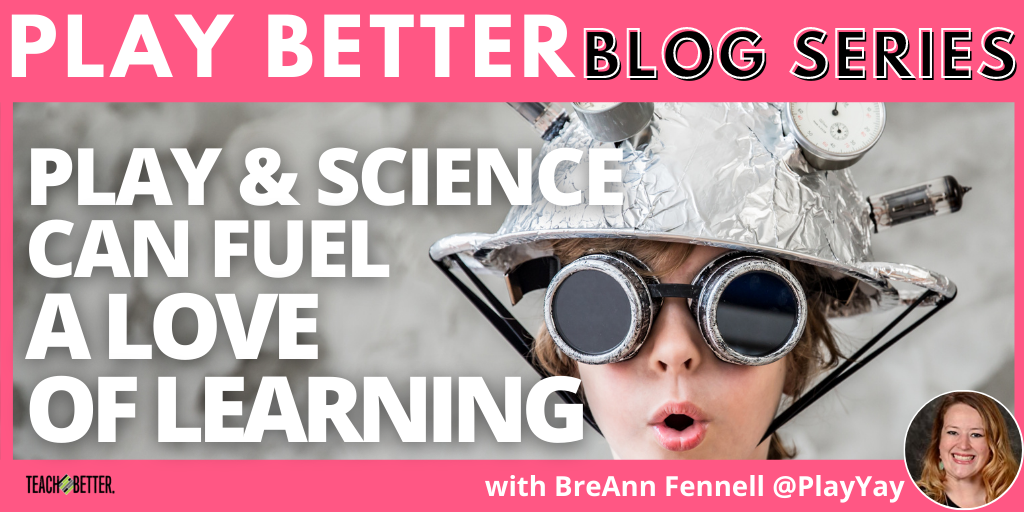TL;DR: Game-based learning is a great way to engage students in exploring a math concept in a new way. Not all free (or even paid) math games are created with equal care and research. Math games have an incredible opportunity to affect students’ mindsets about math, confidence in their abilities, perseverance, grit, and so much more. However, not all math … Read More
Putting Play in PD
TL;DR: Sometimes professional development doesn’t use the research-based teaching strategies that we know are super impactful. Learn how to use play both in your classrooms and when planning professional development for colleagues. Discover four ways to merge technology and play. Put the play in PD. Get excited about Teach Better 22 Conference! Professional Development That Doesn’t Align With Research There … Read More
Learning Opportunities for Elementary Gamers
TL;DR: This post shares learning opportunities for elementary gamers, including Sumdog, Teach Your Monster to Read, Prodigy, and Boddle. These learning opportunities for elementary gamers bring fun and play to learning. Learning Opportunities for Elementary Gamers Now that we are about a month into the school year, I have had the opportunity to introduce some favorite educational websites and explore a … Read More
Play and Science Can Fuel a Love of Learning
TL;DR: When planning your schedule, be intentional to include science so students can learn to ask questions to spark thinking, be wrong, and make mistakes. You can find time to teach the standards AND incorporate science. Try new ideas and explore with students. Have a space in your classroom, such as a wonder wall, to place student questions. Model questioning … Read More





